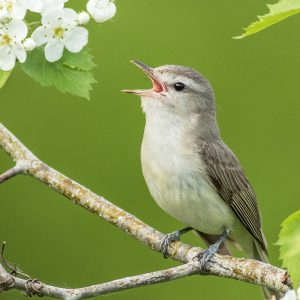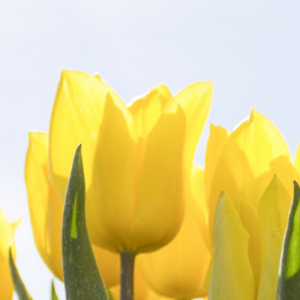How Nature Supports a Sense of Belonging and Well-being
Chances are, when you think about your “happy” place, it is somewhere in a natural setting.
Why is that? Research shows that exposure to nature is correlated with improved well-being and a stronger sense of belonging. Both of these factors contribute not only to our quality of life, but also to our morbidity and even mortality!
Time in nature has quantifiable physiological effects, including changes to brain activity, reduced stress hormones, improved immune function and less muscle tension. More difficult to measure are the intangible effects, such as personal perceptions and feelings. However, with sample sizes of thousands of people, scientists have been able to validate the link between nature and feeling a sense of connection. Amazingly, this happens whether one is in the no-cell-service wilderness or looking at a tree out of a window. While the response is proportionate to the quality of the green space and the level of immersion, it is still remarkable that one just needs to see nature to have an effect.
That said, there are still questions about how the pathways of response function and whether there is a chicken-or-an-egg causality. There is a need for continued research to better understand the relationships with obvious implications for health care, education, land use planning and public policy. Connectedness is fundamental to the human condition. When someone is exposed to nature, there is a sense of connection to nature, of belonging that scientists have named “nature-relatedness“. Tools to measure the depth of an individual’s “soft fascination” with and interest in nature have been able to demonstrate links with pro-environmental attitudes and behaviours as well as higher levels of wellbeing.
We not only feel more connected to the natural world, we also feel more kinship with our human community. Exposure to nature increases social cohesion which consists of shared norms, positive relationships with others and feelings of belonging. Studies on populations, such as public housing residents, show that those who have access to green space and green views have more social ties with their neighbours and a stronger sense of community. We know that attachment to a place or a group is highly protective for positive mental health, especially for youth and older adults.
Reports by respected organizations including the World Health Organization, the American Public Health Association, Canadian Parks Council, and Toronto Public Health, have all documented the positive impact nature has on our personal sense of belonging and wellbeing. But I think perhaps Henry David Thoreau (1817-1862) said it best:
“I took a walk in the woods and came out taller than the trees.”



